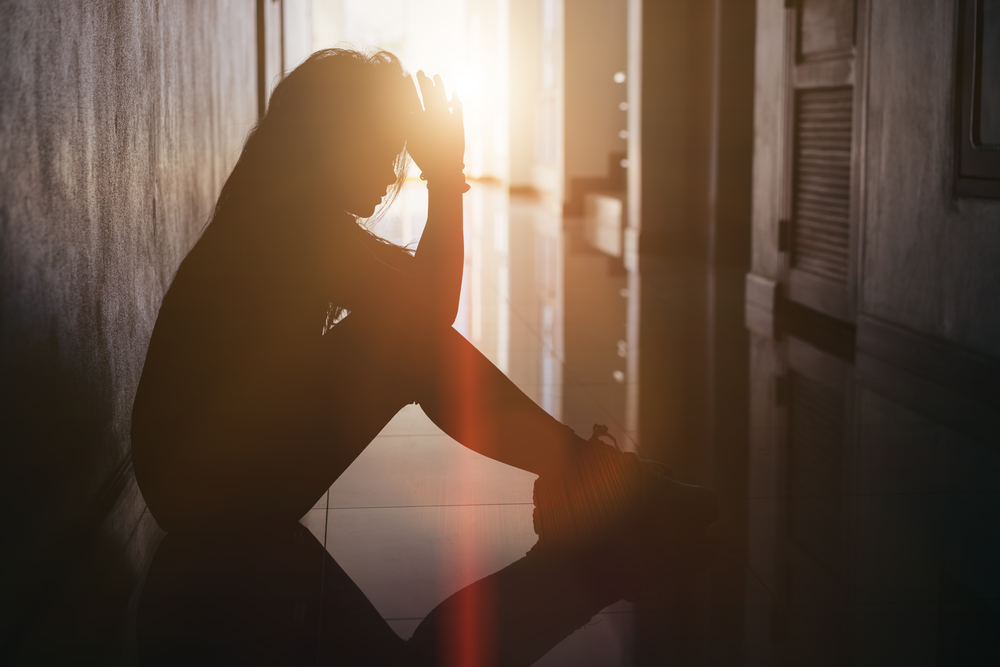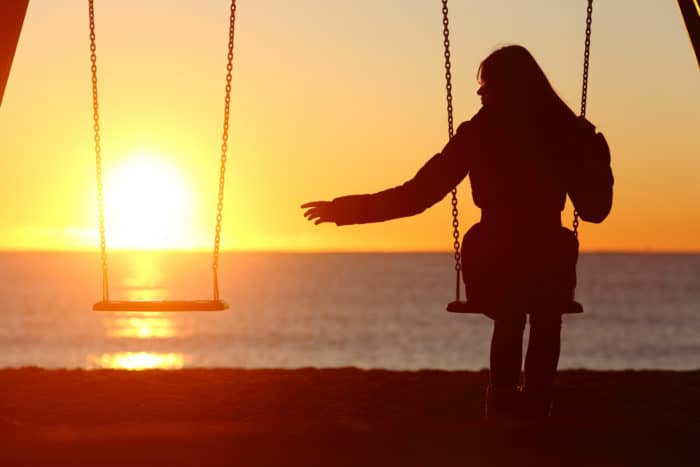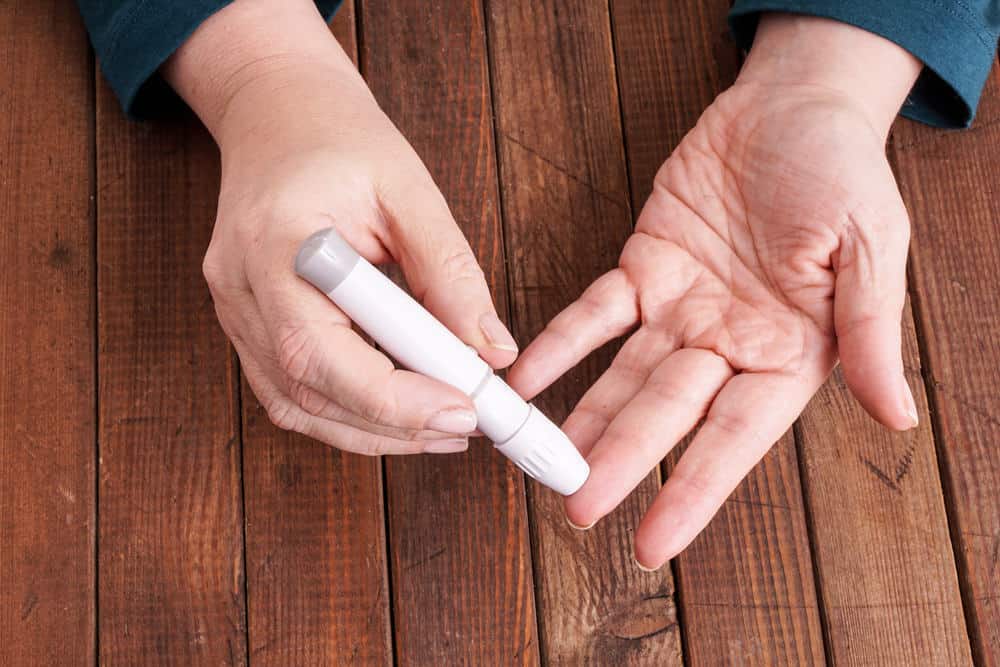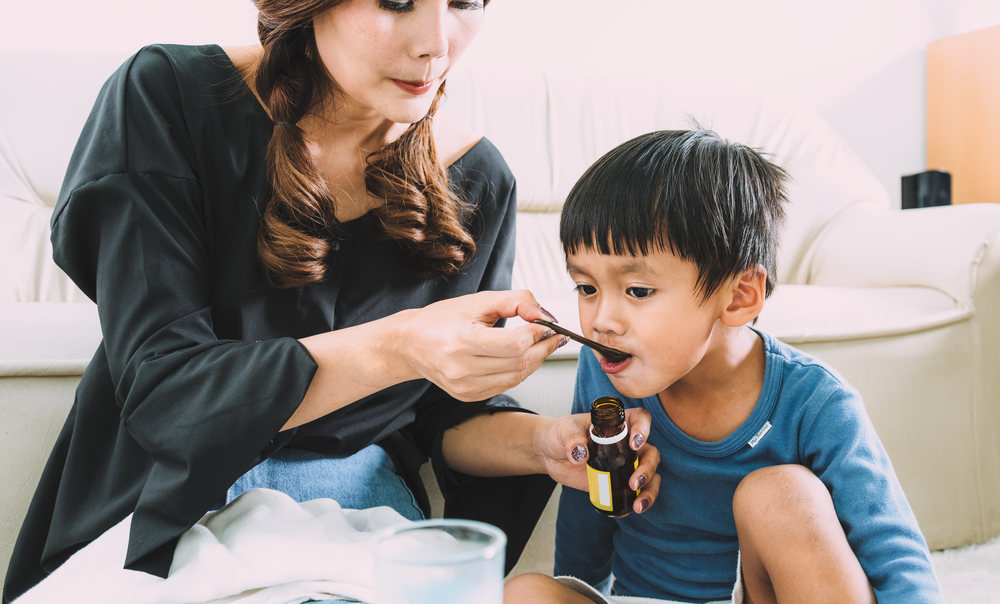Contents:
- Medical Video: What It’s Like To Feel Lonely
- People at this age are most vulnerable to feeling lonely
- Why do young people often feel lonely?
Medical Video: What It’s Like To Feel Lonely
Almost everyone has felt lonely. Even if you have a myriad of activities and are surrounded by many people every day, it is possible that you can still feel lonely. This is because there will definitely be times when you feel empty; no one can understand, listen, appreciate, or support you.
People at this age are most vulnerable to feeling lonely
Many assume that new loneliness can only be felt by people who are old. However, a recent study shows that the peak of loneliness is most vulnerable to young people. Once the word Guy Winch, PhD, a psychologist and author of a book called Emotional First Aid: Healing Rejection, Guit, Failure, and Other Everyday Hurts, through articles written in Psycology Today.
Winch quotes aRecent studies show that young adults under the age of 30 are the most vulnerable group of people feeling lonely compared to other age groups.
Then, another study conducted by Office for National Statistics reported that as many as 10% of British people aged 16-24 years feel lonely three times more severe than people aged 65 years and over.
Loneliness will actually begin to shrink when entering the age of 35 years to 80 years.
Why do young people often feel lonely?
You may have assumed that the elderly are the ones who feel the most lonely because their brain function and body movements are increasingly limited. This might make them lack the time and opportunity to act and interact with others. Some of them also feel the loss of a spouse.
These factors can indeed increase feelings of loneliness in the elderly. But at that age, they are far more immune to facing loneliness because they have passed through the various salts of life and more want to dwell on their health.
Conversely, young people are most susceptible to experiencing the negative effects of loneliness because they are most likely not yet aware of how to deal with this condition. Moreover, the lifestyle of today's young people who are completely individualized makes them feel they have no relationship with other people who can make him feel needed or wanted. If you are not too close or have no strong ties to the people around you, you can still feel lonely.
Especially if it is added by the young man who lacks the love of parents due to divorce, the loss of someone who is loved, not confident, and affected by social media.
Limited access to find a place to vent and the effects of psychological trauma can make loneliness worse. Consider consulting a psychologist, if the loneliness you feel doesn't disappear.













